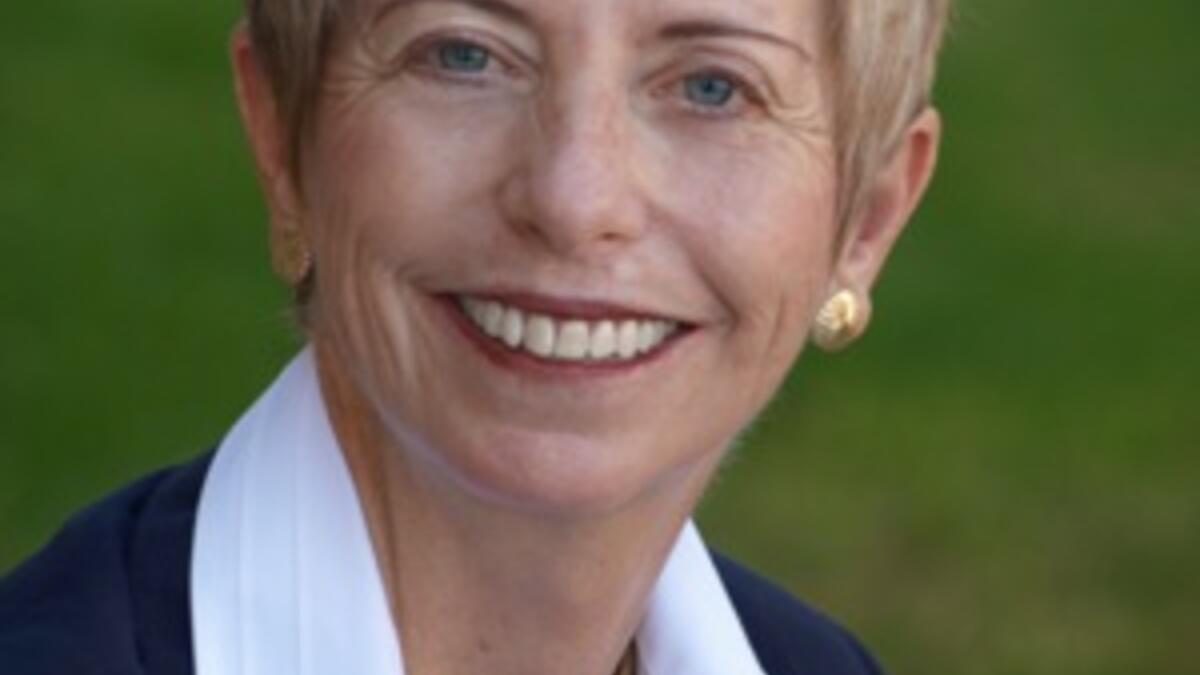Lincoln Center for Applied Ethics moves to the humanities, appoints new director

Elizabeth Langland has been appointed the new director of the Lincoln Center for Applied Ethics.
The Lincoln Center for Applied Ethics at Arizona State University was founded on the belief that ethical behavior can create better and more positive outcomes in every facet of life. Now, more than 20 years after the center was first established, this mission is being reinvigorated with an official move to the humanities and a new director.
In July, Elizabeth Langland will take on the role of director of the center. Langland has been with ASU since 2007, serving as vice provost of the West campus and dean of the New College of Interdisciplinary Arts and Sciences. Since then, Langland has served in several other roles at ASU, including interim dean of humanities at The College of Liberal Arts and Sciences and, most recently, as director of the Institute for Humanities Research.
“This move marks the next chapter for the Lincoln Center and The College,” said Jeffrey Cohen, dean of the humanities. “Applied ethics in their relation to technology and innovation have never been more urgent, and this emphasis enables the center to fulfill founding vision of the Lincoln family. As we embark on this transition, I am confident that with Elizabeth’s outstanding leadership there will be many exciting collaborations and projects to come.”
Langland specializes in Victorian British literature, particularly in theory of the novel and feminist criticism. She has authored four books and dozens of articles and has edited or co-edited five books on these topics.
After working at other universities, Langland said she was drawn to ASU for the university’s unique emphasis on interdisciplinary and transdisciplinary study and collaboration. She said she sees ethics as an essential foundation for any discipline and hopes this move will encourage more cross-discipline collaboration moving forward.
“This is a way of really creating significant synergies with what other centers and departments are doing, because ethics truly is just a part of every aspect of our lives,” Langland said. “If you're studying business, it's important to think about what ethical practices are and why you want to institute ethical practices in business. If you're studying medicine, obviously we want to behave ethically toward patients. If we're thinking about engineering, we want to make sure bridges don't collapse and that buildings don't fall apart. All of these are critical issues to think about instead of just making profit.”
In addition to encouraging collaboration, the center will have a new focus on ethical innovation and humane technologies. With this new focus, Langland also hopes to collaborate beyond the university with innovators in the field of technology to inform ethically based innovation.
“We're depending so much on technology. It’s done so many wonderful things for us, but at the same time, people have major concerns about the effects of technology on our life,” Langland said. “Our challenge in the coming years is to ensure that innovation is ethically based. As No. 1 in innovation, let's make that innovation ethically based.”
More Science and technology

Applied Materials invests in ASU to advance technology for a brighter future
For nearly 60 years, global giant Applied Materials has been hard at work engineering technology that continues to change how…

Meet ASU engineering students who are improving health care, computing and more
Furthering knowledge of water resource management, increasing the efficiency of manufacturing point-of-care health diagnostic…

Turning up the light: Plants, semiconductors and fuel production
What can plants and semiconductors teach us about fuel production?ASU's Gary Moore hopes to find out.With the aim of learning how…

